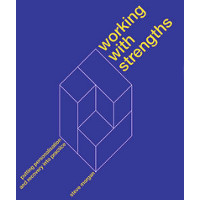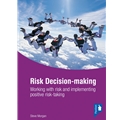Models and Processes
 Wednesday, November 10, 2010 at 2:14PM
Wednesday, November 10, 2010 at 2:14PM A Working Model
Creative Capability through Practice Based Evidence (a working model)
David Juriansz and Steve Morgan
| Creative Capability model | Focus | Core Components |
| Ethical practice | Individual practitioner capability |
|
| Process of care | Practitioner + client capability (the helping relationship) |
|
| Team working | Practitioner + client + team capability (the team approach) |
|
| Knowledge in practice | Practitioner + client + team + organisation capability.(the service approach) |
|
A Working Process
Identifying a team to work with.
Engage the trust of team members (sceptical of external 'consultants').
Confidential 'Creative Capability' interviews (Parts 1 & 2) with all team members (including priorities for team away-day).
Produce a 'team' report of interviews.
'Team' away-day.
Report & summary of participant evaluations from away-day.
Identifying priorities for practice development 'implementation'.
Working with team in creative ways to implement their priorities and decisions for change.
Second 'team' away-day at approximately 6 months (completing Creative Capability Part 2).
Produce comparison of amalgamated team responses to Creative Capability Part 2, identifying positive changes.
Identify small number of local practitioners/team leaders to be mentored as a local 'Practice Development Team' (building up to working one day/week out of existing posts, to establish the local capability to continue the process in local services).
 capability,
capability,  practice in
practice in  Practice Development
Practice Development 





